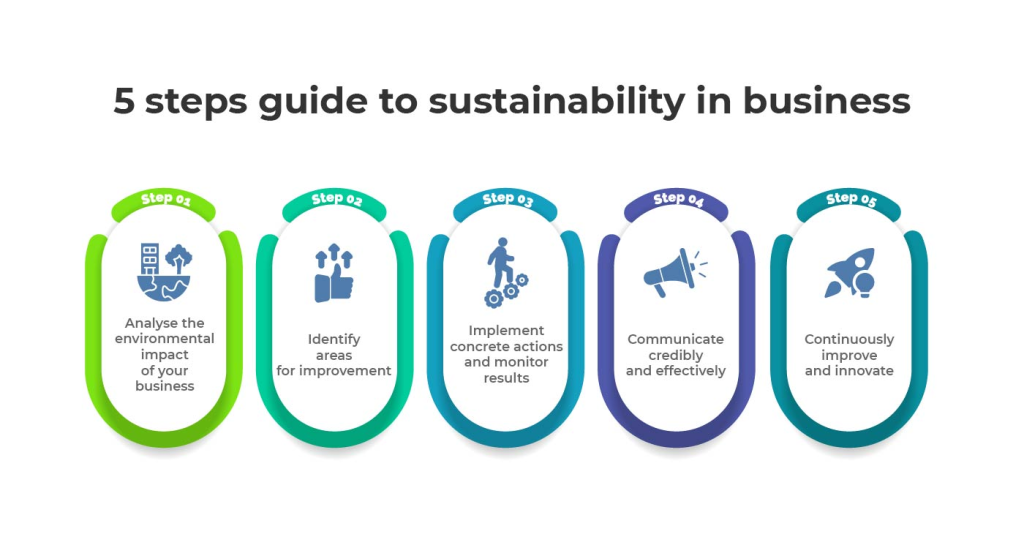5 Steps to Achieve Sustainable Business Growth

Achieving sustainable business growth means going beyond financial success to create lasting value that balances economic, social, and environmental priorities. For sectors like resource exploration, this balanced approach is essential for earning trust and building a legacy of long-term achievement. Making sustainability a central part of an organisation’s approach helps ensure that actions benefit employees, local communities, and the broader environment while supporting strategic goals. Outlined below are five key steps organisations can follow to support sustainable growth.
Integrate ESG into Core Strategies
Placing environmental, social, and governance (ESG) considerations at the heart of business strategy is fundamental for sustainable progress. ESG should guide every significant decision rather than exist as a separate or secondary initiative. One effective approach is to conduct a materiality assessment to determine which ESG topics are most significant to both the industry and its stakeholders. This assessment provides a clear path to set realistic, measurable goals that align sustainability with the company’s overall mission and values.
Build Strong Stakeholder Relationships
Trust and collaboration with stakeholders are crucial. This includes investors, employees, local communities, and regulatory authorities. Building strong relationships requires open communication, listening, and understanding the unique needs of each group. By fostering mutual respect, organisations can address concerns early, prevent misunderstandings, and create a supportive environment. Prioritising transparency and honest dialogue helps reduce risks, build confidence, and ensure everyone involved feels valued and heard. These efforts lay the groundwork for meaningful, lasting partnerships that benefit all parties involved.
Develop a Responsible Supply Chain
A resilient and ethical supply chain is key to sustainable growth. Companies should work with suppliers who prioritise responsible sourcing, fair labour practices, and workplace safety. Regular monitoring and communication help maintain standards, build trust, reduce risks, and protect reputations while driving positive change in the industry. Patagonia exemplifies this approach by sourcing materials responsibly, partnering with factories that ensure fair wages and safe working conditions, and conducting regular supplier audits. Through their Footprint Chronicles, customers can trace the origins of products, highlighting the company’s commitment to transparency.
Prioritise Employee Well-Being and Development
A company’s workforce is one of its greatest resources. Sustainable growth is closely linked to employee satisfaction, safety, and opportunities for advancement. Organisations should focus on providing competitive compensation, comprehensive benefits, and strong workplace safety protocols. In addition, investing in ongoing training, professional growth, and development ensures employees remain engaged and skilled. A positive and supportive work environment leads to greater productivity, loyalty, and adaptability.
Advance Innovation and Operational Efficiency
A commitment to sustainability naturally encourages innovation and more efficient operations. Companies benefit by identifying ways to reduce waste, lower energy usage, and minimise environmental impact. For example, adopting advanced technologies that conserve resources or implementing circular processes that repurpose materials can create both cost savings and positive environmental outcomes. Efficiency measures contribute to stronger performance and can position a business as an industry leader.
Solaris Resources exemplifies the potential for aligning resource efficiency with sustainable development. Solaris Resources Inc. is a company that explores and develops copper and gold projects throughout the Americas. Long-term, responsible growth requires integrating ESG principles, stakeholder engagement, ethical supply chain management, employee well-being, and innovation. These practices build stronger, adaptable organisations while creating lasting value for stakeholders and protecting reputations.





